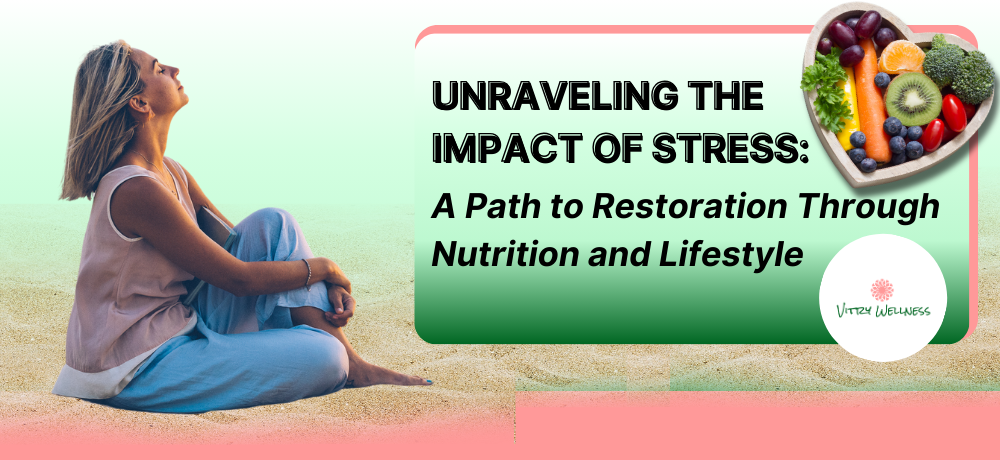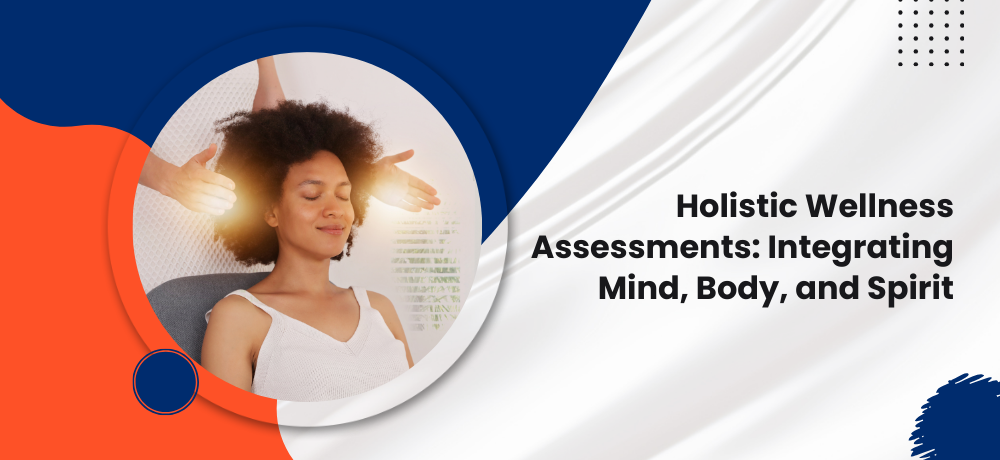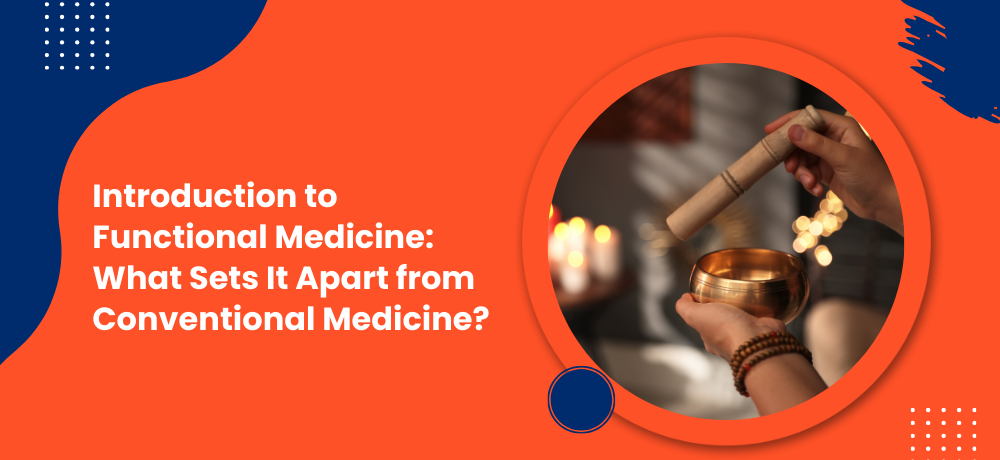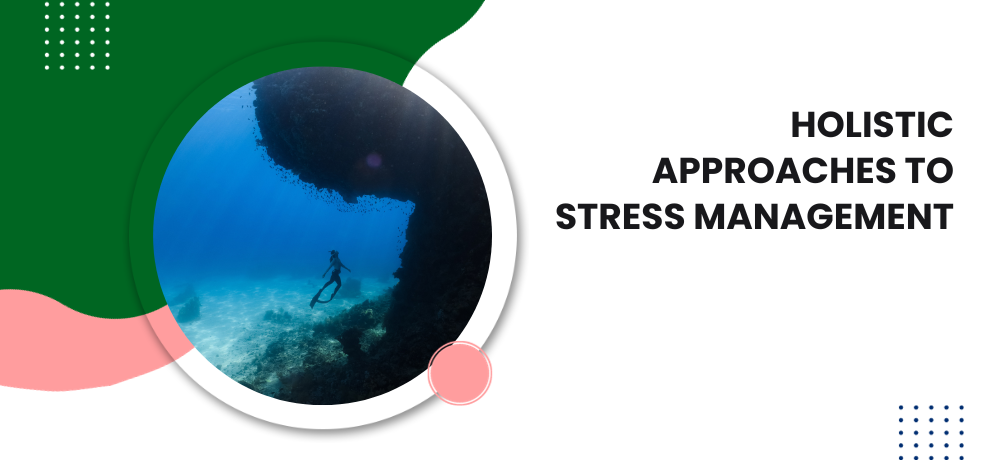The quest for a healthier lifestyle often brings us face-to-face with the numerous undetected toxins lurking in our day-to-day environment.…
-

Unraveling the Impact of Stress: A Path to Restoration Through Nutrition and Lifestyle
- Vitry Wellness
Before now, I spent most of my adult life in various levels of severe stress. I did not know it…
Click Here To Read The Full Article
-

Holistic Wellness Assessments: Integrating Mind, Body, and Spirit
- Vitry Wellness
In a world where well-being extends far beyond mere physical health, Holistic Wellness Assessments provided by Vitry Wellness offer a…
Click Here To Read The Full Article
-

Introduction to Functional Medicine: What Sets It Apart from Conventional Medicine?
- Vitry Wellness
In the realm of healthcare, there's a paradigm shift occurring - one that's transforming how we approach wellness and healing.…
Click Here To Read The Full Article
-

Holistic Approaches to Stress Management
- Vitry Wellness
In the hustle and bustle of modern life, stress has become an unwelcome companion for many. It affects our mental…
Click Here To Read The Full Article








